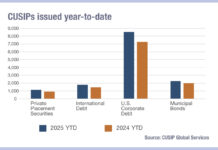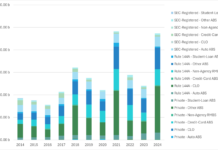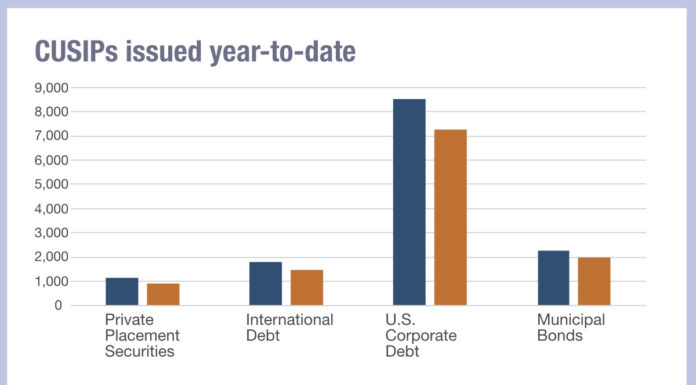Sergio Ermotti, group CEO at UBS, has said the usually positive investor sentiment in the Spring season was severely watered down by tariff uncertainty.
“The quarter was characterised by a substantial shift in investor sentiment and growth expectations alongside periods of significant market volatility,” he said. “This damped the positive seasonal effect that we typically experience at the start of the year and tempered the bullish outlook the market had coming out of 2024 and into the first few weeks of January.”
The banking and investment giant saw first quarter net profit reach US$1.7 billion and its underlying return on CET1 capital at 11.3%, supported by “positive operating leverage” in our its businesses. Net new inflows onto the firm’s asset gathering platform were included a reported US$32 billion in net new assets in global wealth management and US$7 billion net new money in asset management.
“Although we haven’t seen a major strategic shift in asset allocation, the breadth and depth of our advice and global capabilities help clients protect their wealth and navigate the market volatility,” Ermotti said. “We saw significant demand for mandate solutions, structure products and alternatives, including new offerings within our Unified Global Alternatives unit, where total assets reached nearly US$300 billion. For our clients in Switzerland, we kept delivering on our commitment to be a reliable partner.”
The investment bank continued to execute on its “capital light” strategy he noted, with Swiss capital demands having been a contentious issue over the past three months.
“As the second quarter kicked off, the unveiling of significant changes to tariffs on trading partners by the US administration increased uncertainty and market volatility, while in some days trading volumes exceeded their COVID-era peak by around 30%,” he noted.
While he warned that the prospect of higher tariffs on global trade presents a material risk to global growth and inflation the bank was encouraged by ongoing negotiations, with the caveat that these should not drag on.
“A prolonged period of discussions and speculation will come at a cost. Uncertainty is likely to affect sentiment and lead businesses and investors to delay important decisions on strategy, capital allocation and investment. In this environment, we expect financial markets to remain sensitive to new developments, both positive and negative, which are likely to lead to further spikes in volatility.”
©Markets Media Europe 2025


























